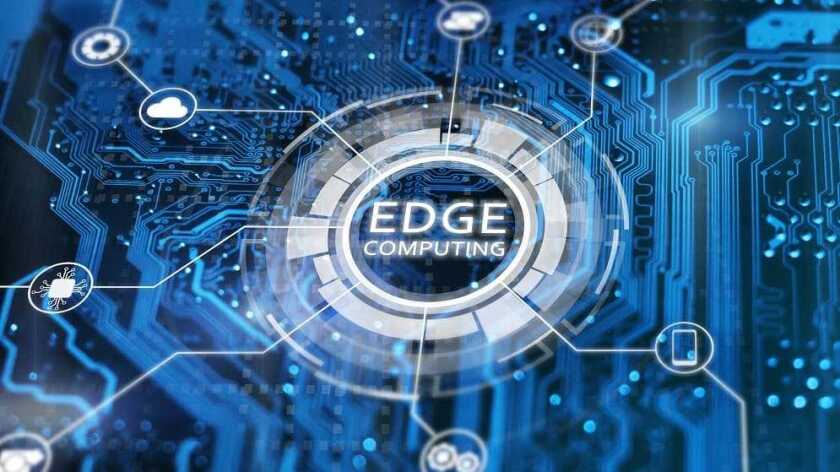The ETSI report GR MEC 027 outlines the impact of alternative virtualisation technologies, while the second, ETSI GR MEC 024 looks at network slicing on edge computing systems.
ETSI GR MEC 027 outlines the additional support needed when MEC applications run on containers. It goes to define such technologies in a MEC environment, the impact on the implementation of MEC systems and applications as well as the potential updates of future ETSI MEC standards. The result of the report is that most of ETSI MEC specifications are agnostic and therefore require fewer updates of existing standards.
As for ETSI GR MEC 024 and its look at the MEC functions needed to support network slicing and the impact on future ETSI MEC specifications, it provides useful use cases of how network slicing may be addresses in edge computing systems. This includes the description, use case recommendations and evaluation of a network slice integrating MEC applications and using 3GPP elements. It also features, use cases on how you can have multiple tenants in a network slice or how efficient an end-to-end multi-slice support for MEC-enabled 5G deployments can be.
“We know that non-VM based virtualisation is a key technology for edge computing,” said Alex Reznik, chair of the ETSI ISG MEC. “We therefore wanted to make sure that the ETSI MEC architectural framework is capable of supporting such technologies and that it is consistent with ETSI NFV. This report is the result of this analysis and the good news is ETSI MEC-defined APIs are almost entirely virtualisation technology agnostic. This highlights the quality and future proof of the APIs we’ve standardised in the group.”
In addition, the ETSI GS MEC 011, GS MEC 010-2 and GS MEC 012, have also been updated to reflect the evolution of ETSI MEC specifications and to introduces the first set of Stage 3 API specifications, respectively.





